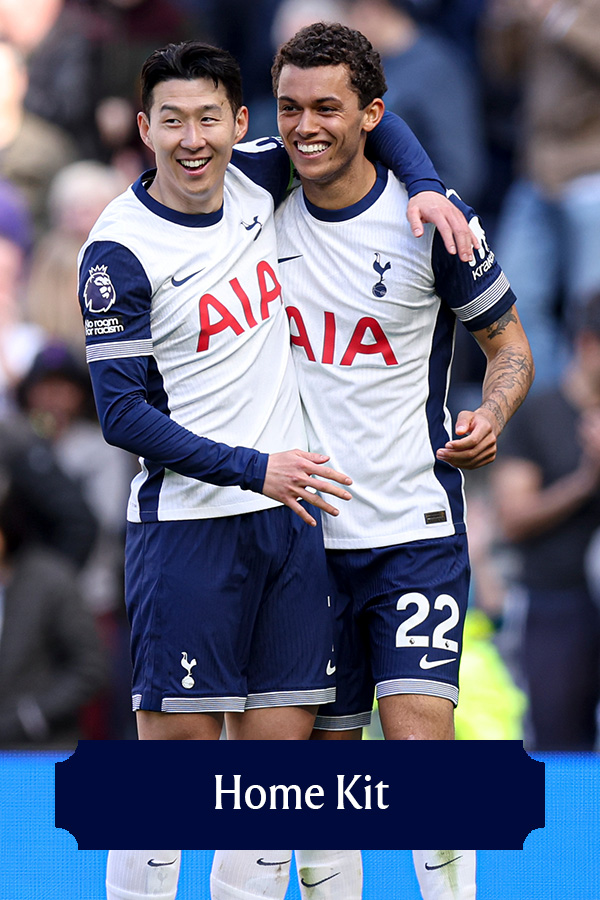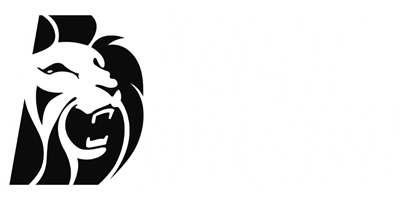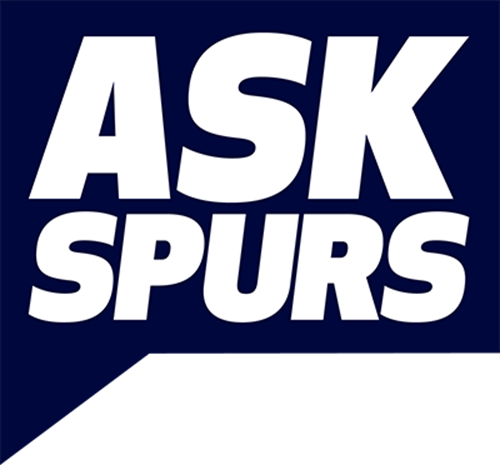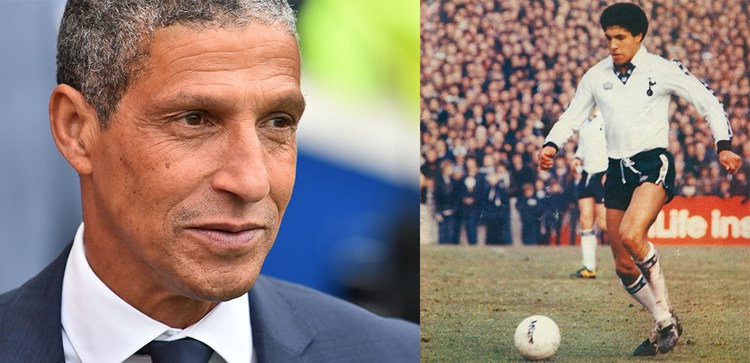
Spurs stories | Chris Hughton, special days at Spurs, a lifetime in football
Tue 24 September 2024, 11:15|
Tottenham Hotspur
Chris Hughton first pulled on a Spurs kit back in 1971. He was 13. Ten years later, he'd lift the FA Cup at Wembley, the start of a golden period for us in the early 1980s that he was an intrinsic part of.
Player, coach and assistant manager for over 27 years between 1977 and 2007, his time at the Club was only interrupted by spells late in his playing career at West Ham and Brentford. FA Cup winner in 1981 and 1982, UEFA Cup winner in 1984, 398 appearances, capped 53 times by the Republic of Ireland including appearances at Euro 88 and the 1990 World Cup, Chris took a different route to the top, as he completed his apprenticeship as a lift engineer before signing full-time professional forms in July, 1979.
Now 65, Chris reflected on a life at Spurs and his managerial career now spanning three decades, in our In The Spotlight feature in our Official Matchday Programme against Brentford.
Here's that interview in full...
Firstly Chris, can we ask how you came to be spotted by Spurs as a 13-year-old back in 1971?
Chris: "I was playing for the district team of Newham at the time, so my local team was West Ham. But a Tottenham scout was watching a Newham game one day and invited five or six of us across for a trial. It’s probably not something that would have happened now because we were very much in West Ham territory but that’s how my association with Spurs began. I started training with the club two nights a week. Once I got to a particular age, then I was training two nights a week and playing a youth match on a Saturday. My pathway was very different to a lot of players. I left school at the age of 16, which was the time you’d usually be told by a football club if you were being offered an apprenticeship or not. In my case, Spurs didn’t offer me an apprenticeship but said I still had a chance of being a professional, so asked me to stay on but without the apprenticeship. So, I stayed on and got myself an apprenticeship as a lift engineer at the same time. That was a four-year apprenticeship. I kept on training two nights a week, playing a youth match on a Saturday and eventually, reserve matches. At 18, Spurs offered me the opportunity to sign full-time. But I turned that down, because it would have meant not finishing my apprenticeship. I signed part-time professional at 18 and then, full-time professional at 20 years of age. I was fortunate enough to get into the first team straight away!"

What memories do you have of your Spurs debut - a 2-1 League Cup second round, first leg victory over Manchester United on 29 August, 1979?
Chris: "My background and build up to making my debut had been very different to most players, as I explained. I think there’s that assumption you’ll be nervous on your debut, but I didn’t feel nervous. I hadn’t been through the apprenticeship stage with the club and the pressures that go with that. It was obviously a wonderful occasion to make your debut against Manchester United and even better given the result. I was marking Steve Coppell on the night, who had a great club career and a great international career for England. I was fortunate with my route into the first team. The left-back Spurs had bought the previous season, Gordon Smith, was ruled out through an injury, albeit not a long-term one. But I had my opportunity to come into the team and even if I do say it myself, I think my performances were really good and I was able to keep that starting role through until the end of the season. That was unfortunate for Gordon but obviously good for me."
What do you class as the highlights of your Spurs playing career?
Chris: "I was so fortunate to play in five major cup finals during my time at Tottenham, three of which we won. The UEFA Cup Final was incredible, winning the second leg at White Hart Lane of course. But 1981, the FA Cup Final replay, was the absolute highlight for me. There are two big reasons for that. Firstly, the game ended up being the game that it did, with Ricky Villa’s incredible winning goal. The other thing was, in our squad, only really Steve Archibald and Steve Perryman had experience of winning trophies previously. So, for myself and all the other players, it was our first winners’ medal, which meant a great deal. That 1980/81 season was the first of a series of really good seasons for us, winning trophies, playing European football and challenging at the top of the league. Our team was special in that many players had come through our youth set-up too. Myself, Steve Perryman, Glenn Hoddle and Paul Miller. Graham Roberts and Tony Galvin had come from non-league, so you thought of them as players who had come through the ranks too."
Celebration time in 1981 with Paul Miller, Tony Galvin and Garth Crooks
Was it a hard decision to depart for West Ham United in 1990?
Chris: "Not really because when you want to play and you’re not getting to do so as much, as was the case at that time, moving is the right decision. I picked up an injury in 1987 and it recovered enough to allow me to play in that year’s FA Cup Final. But unfortunately, it was a bit downhill for me after that injury, with the knee causing me problems. I was still able to play quite a few games in that period, but not as many as I had been. I was fortunate to join a West Ham team who were doing well in the old Second Division at the time and we went on to get promoted (in 1990/91)."
You signed for Brentford in the second half of the 1991/92 season. How did that move come about?
Chris: "My move to Brentford was in similar circumstances to my move from Spurs to West Ham. I went to West Ham to replace Julian Dicks, who had a major operation. But Julian got back to fitness and he was a very good player and very popular at West Ham. So, my opportunities to play became more limited. The Brentford team I joined were doing well in the old Third Division at the time. We were top of the league when I went there and we went on to win the title. It was a good move for me and I loved my time there. Things were different in the third tier of course, with Brentford not having the resources I’d been used to at other clubs. We had to wash our own kit for example and our training ground was a council-owned park. It was ‘back to basics’, it was all about the football, about the team not the individual and being humble. I really liked that. Phil Holder was the manager and he allowed me to coach some training sessions. At that stage, I knew I wanted to coach and being in that environment at Brentford was excellent for me. I always enjoy going back there, which I have been fortunate to do on a number of occasions, obviously going to the new stadium now."
In 1992/93, you came up against us in a two-legged League Cup tie. How special was it playing in those games?
Chris: "I previously had the possibility at West Ham of playing against Tottenham, when we were in the FA Cup semi-final in 1991 against Nottingham Forest and Tottenham were in the other semi-final against Arsenal. Spurs won but we lost to Forest. As well as being so disappointed not to reach another FA Cup Final, I also saw it as a missed opportunity to play against my former club. So, a year on, it meant a lot to me to be playing against Spurs in a League Cup tie for Brentford. And of course, it was very special for Brentford to play against Spurs at that time too, both from a financial perspective but also for the players to test themselves against players from the Premier League."
Back in a coaching role under Ossie Ardiles - from left - Chris, Doug Livermore, Ossie, Pat Holland, Steve Perryman - 1993
How incredible was it for you to return to Spurs as a coach in the summer of 1993?
Chris: "I’m forever grateful for the opportunity to have returned to Spurs, and to have stayed there for so long. It’s very unusual, especially in today’s game, to see managerial changes but a coach still remain at a club. Generally, new managers bring with them an entirely new coaching staff. I was so fortunate to work under the calibre of managers I did…Ossie (Ardiles), Gerry Francis, Glenn (Hoddle), George Graham, David Pleat, Jacques Santini and Martin Jol to name but a few. When people ask me about my own managerial career and the successes I experienced, I tell them that I put a lot of it down to the wonderful ‘coaching apprenticeship’ if you like that I was able to have at Tottenham for 14 years. Most coaches would have gone into management earlier than I did but I’ve always been honest enough to admit, especially in the early years, I don’t think I was ready. I also didn’t have a big enough drive to go into management at that time. My biggest driving force was always to do the best job that I could for the managers I was working under."
How do you reflect on your managerial career to date?
Chris: "Firstly, with great pride. I think it’s important to gauge achievements appropriately. I’ve been able to gain two promotions during my managerial career, one with Newcastle United, the other with Brighton. To have an 11th-place finish in the Premier League with Norwich is almost as significant as those promotions, as I say, in terms of how you gauge achievement. Keeping Brighton in the Premier League for two seasons is something I am very proud of and also seeing where the club is now and the progress they’ve made since. To be part of that first Premier League chapter with them was very special. I’ve worked with some good players and for some good clubs and I always endeavoured to get the best out of the players I worked with."

What was the experience like managing the Ghana national team between 2023 and 2024?
Chris: "Ghana was a great experience. I was fortunate to get the job about a month before my dad passed away, so he was able to see me take the job of the national team of his homeland. It was a source of great pride. Prior to that, I’d obviously represented the Republic of Ireland - the country of my mother."
At the time we’re speaking to you, you’re recovering from an operation…
Chris: "That’s right. I’ve had a knee replacement. I’ve been able to cope with my knee for quite some time... 95 per cent of people would probably have needed the surgery I’ve had now around 10 years ago. The reason I’ve chosen to have it done now is because I’ve been told the rehab is tough and the older I get, the harder that would be. So, I’ve chosen to face that now rather than leave it and the situation get tougher."
Finally, what do you make of this current Spurs team?
Chris: "I was at the Spurs-Everton game back in August, which I really enjoyed. First and foremost with Ange’s Spurs, you’ll get entertainment. I know how important that is to the supporters of the club with the traditions we have. I like the head coach very much. He is a determined individual and he has a particular way of playing. We have seen the success that has brought him, up at Celtic etc. With the open style of play and the high line Spurs adopt, that obviously carries some risk. But that’s Ange’s game, which he is confident in and which the supporters love. I am confident he’ll bring success to Tottenham. It won’t be easy because the competition the other clubs bring is immense, but you can see what is being developed at Spurs and everything is moving in the right direction. When I’ve been to watch Spurs under Ange, you sense a positivity and a connection there. The fans are engaged and there is a good feeling towards the team. Winning games is the most important thing in football of course, but having that connection is very important too."
Interview: Andy Greeves






